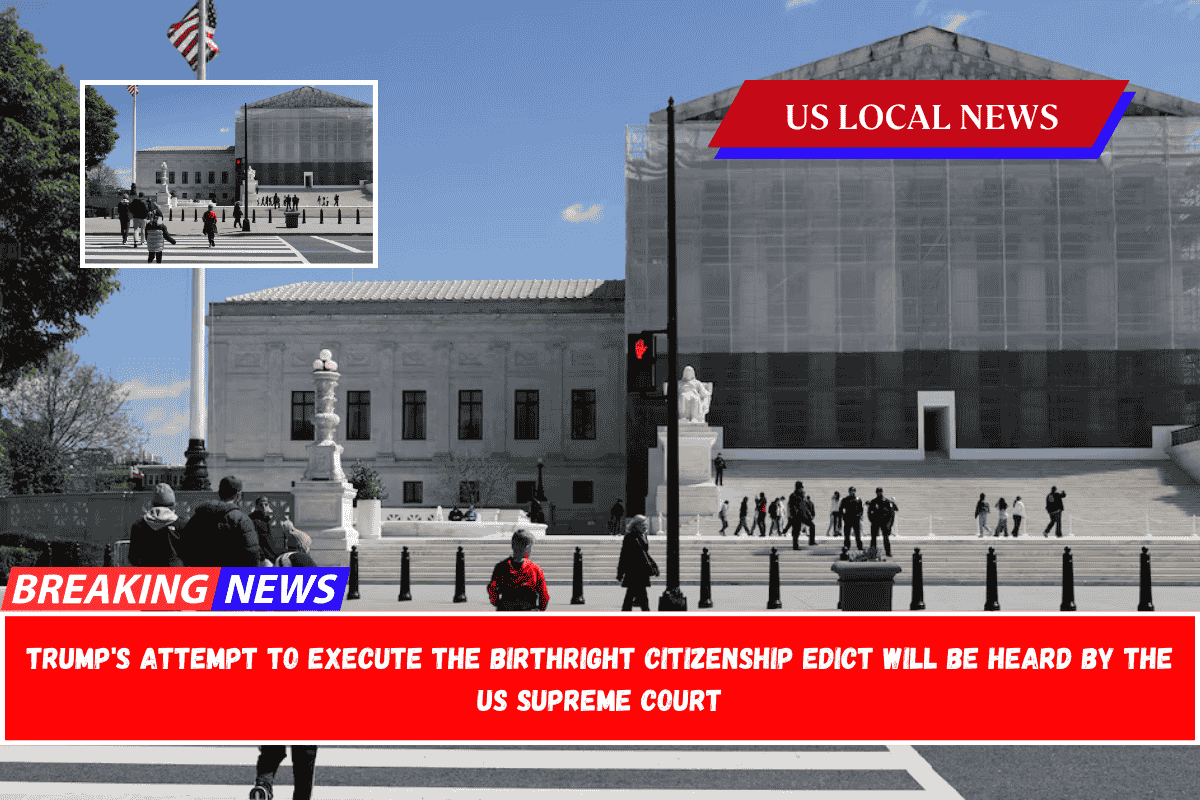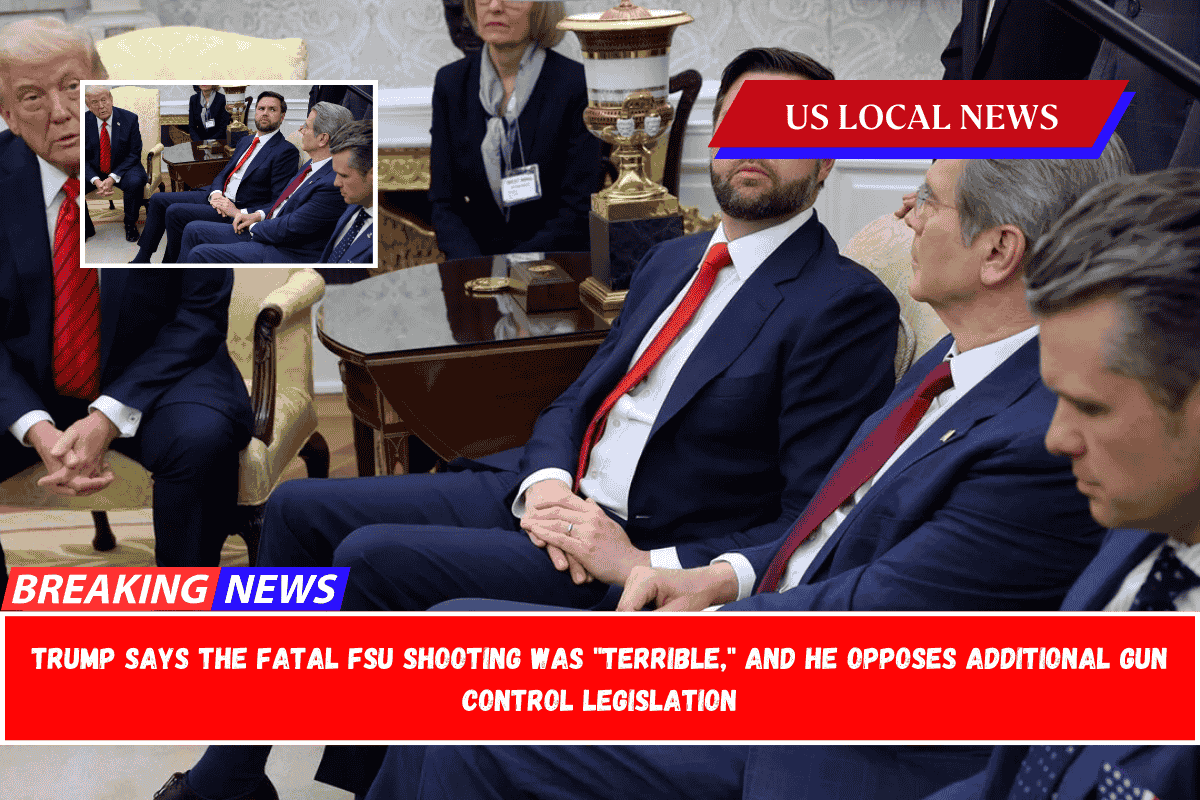Donald Trump has announced that the United States and Iran will hold “direct talks” on a potential nuclear deal on Saturday.
Iran’s foreign minister has also confirmed the meeting, stating that the talks will be “indirect” but could be “as much an opportunity as a test”.
On Monday, the US president stated that talks between Washington and Tehran would be “very high level” and warned that if no agreement was reached, it would be a “very bad day for Iran”.
Last month, Trump threatened military action against Iran after its supreme leader, Ayatollah Ali Khamenei, publicly rejected the offer of direct talks.
Trump revealed the talks following a White House meeting with Israel’s Benjamin Netanyahu, who has previously discussed attacking Iran to prevent it from acquiring nuclear weapons.
In the Oval Office, Trump stated, “We have a very big meeting on Saturday [with Iran], and we are dealing with them directly… And maybe a deal will be reached, which would be fantastic.”
Trump later stated that Iran would be in “great danger” if the talks failed, adding, “Iran cannot have a nuclear weapon, and if the talks fail, I actually think it will be a very bad day for Iran.”
The president did not provide additional information about the talks, such as how far they have progressed or which officials are involved.
Iran’s foreign minister confirmed that Washington and Tehran will meet in Oman on April 12.
Abbas Araqchi wrote on X: “It is both an opportunity and a test. The ball is in America’s court.
In March, Trump sent a letter to Iran’s leader through an intermediary from the United Arab Emirates, outlining his willingness to negotiate.
Iran rejected the offer, but its leadership indicated a willingness to discuss a potential deal with the US through a third party.
For decades, the US and its allies have emphasized the importance of limiting Iran’s ability to develop nuclear weapons.
In 2015, then-President Barack Obama reached an agreement with Iran to limit its nuclear activities and allow international inspectors into the country to ensure facilities were used solely for civilian purposes rather than weapons production.
In exchange, Iran was to be released from sanctions that had crippled its economy.
China, France, Germany, Russia, and the United Kingdom co-signed the agreement.
However, in 2018, Trump unilaterally pulled the US out of the agreement, which he had strongly opposed during his first presidential campaign.
In the years since, Iran has repeatedly violated its terms. The International Atomic Energy Agency has warned Tehran that it has amassed large stocks of enriched uranium that could be used to make nuclear weapons.
In recent months, Trump has repeatedly mentioned the possibility of negotiating a new deal with Iran, while threatening military action if one is not reached.
Israel sees preventing its rival Iran from acquiring nuclear weapons as critical to its long-term security. It has reportedly considered closing its manufacturing facilities in recent months.
Last year, Israel claimed it had struck an Iranian nuclear facility in retaliation for Iran’s earlier missile attack on Israel.
Speaking at the White House, Netanyahu stated: “We and the United States share the goal of preventing Iran from acquiring nuclear weapons.
“If it can be done diplomatically in a full way, the way it was done in Libya, I think that would be a good thing.”










